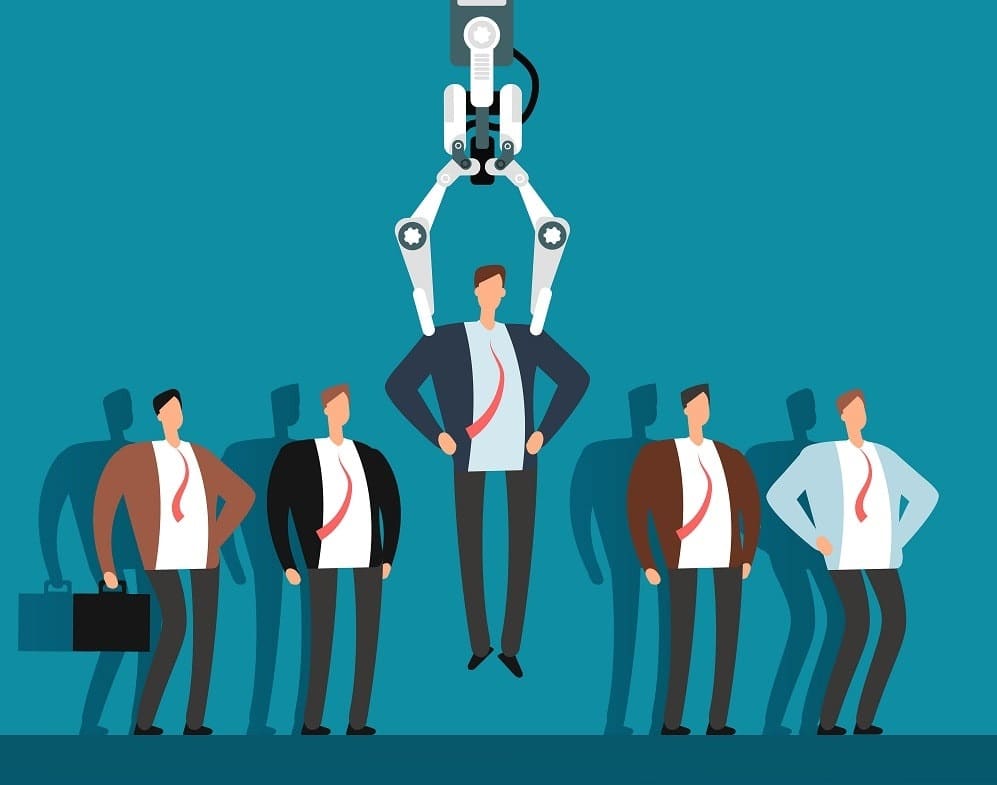
Unleashing the Power of AI in Human Resources
In the realm of Human Resources (HR), Artificial Intelligence (AI) is ushering in a transformative era, reshaping traditional practices and revolutionizing the employee lifecycle. From recruitment to talent management, AI is becoming an invaluable ally for HR professionals seeking to optimize processes, enhance decision-making, and elevate the overall employee experience.
Recruitment Reinvented: The Role of AI in Talent Acquisition
AI is redefining the recruitment landscape by streamlining and enhancing talent acquisition processes. Automated resume screening, chatbots for initial candidate interactions, and predictive analytics for identifying top candidates are just a few examples of how AI is optimizing the hiring journey. This not only accelerates the recruitment timeline but also improves the precision of candidate selection, ensuring a more effective and data-driven approach to hiring.
To explore the latest advancements in AI for human resources, visit AI in Human Resources for comprehensive insights and resources.
Enhanced Employee Onboarding and Engagement
AI-driven onboarding processes are designed to provide a seamless and personalized experience for new hires. Chatbots and virtual assistants guide employees through the onboarding journey, answering queries, and facilitating a smooth transition into the organization. Furthermore, AI can analyze employee engagement data to identify trends, enabling HR teams to proactively address potential issues and create a more engaging workplace.
Predictive Analytics for Employee Retention
Understanding and predicting employee turnover is a critical aspect of HR management. AI leverages predictive analytics to analyze historical data, identifying patterns and factors that contribute to employee attrition. By identifying potential flight risks, HR professionals can implement proactive measures such as targeted retention strategies, fostering a more stable and satisfied workforce.
Skills Development and Training Personalization
AI-powered learning platforms are revolutionizing skills development within organizations. By analyzing employee performance data and identifying skill gaps, AI recommends personalized training programs. This not only ensures that employees receive targeted and relevant training but also contributes to the overall upskilling and reskilling initiatives, aligning the workforce with evolving business needs.
AI in Performance Management: Data-Driven Insights
Performance management is undergoing a paradigm shift with the infusion of AI. Instead of relying solely on annual reviews, AI enables continuous performance tracking and feedback. Machine learning algorithms can analyze performance data to provide real-time insights, allowing for more informed decisions on promotions, bonuses, and development opportunities. This data-driven approach ensures a more objective and transparent performance evaluation process.
To stay updated on the intersection of AI and human resources, explore AI in Human Resources for valuable resources and updates.
Employee Well-being and Sentiment Analysis
AI plays a crucial role in monitoring and enhancing employee well-being. By analyzing sentiment through various channels, including surveys, social media, and communication platforms, AI gauges the overall sentiment within the workforce. This information can help HR teams identify potential sources of stress or dissatisfaction, allowing for targeted interventions to improve the well-being and satisfaction of employees.
Diversity and Inclusion: AI for Fair Hiring Practices
AI can contribute to fostering diversity and inclusion within organizations. By mitigating unconscious bias in the hiring process, AI algorithms ensure fair and equitable candidate evaluations. Additionally, AI tools can monitor and analyze diversity metrics, providing insights into areas that may require attention. This proactive approach aligns with the commitment to building diverse and inclusive workplaces.
HR Analytics: Strategic Decision-Making
The abundance of HR-related data can be overwhelming without the right tools. AI-driven HR analytics sift through vast datasets to extract meaningful insights. From workforce planning to identifying trends in employee performance, HR professionals can make informed, strategic decisions that align with organizational goals. AI empowers HR teams to move beyond reactive measures and adopt a proactive, data-driven approach to workforce management.
Ethical Considerations in AI for HR
As AI becomes more integrated into HR practices, ethical considerations come to the forefront. Ensuring fairness, transparency, and data privacy are paramount in AI-driven HR systems. HR professionals must navigate the ethical landscape, addressing concerns related to bias, privacy, and the responsible use of AI technologies in employment decisions.
The Future of HR: A Synergy of Human and AI Capabilities
In conclusion, AI’s integration into human resources marks a transformative shift in how organizations manage their workforce. From recruitment and onboarding to performance management and employee well-being, AI augments HR functions, allowing professionals to focus on strategic, people-centric initiatives. To explore the forefront of AI in human resources, visit AI in Human Resources and stay informed about the evolving landscape of HR technology.
